#WebDevelopment #Python #Programming
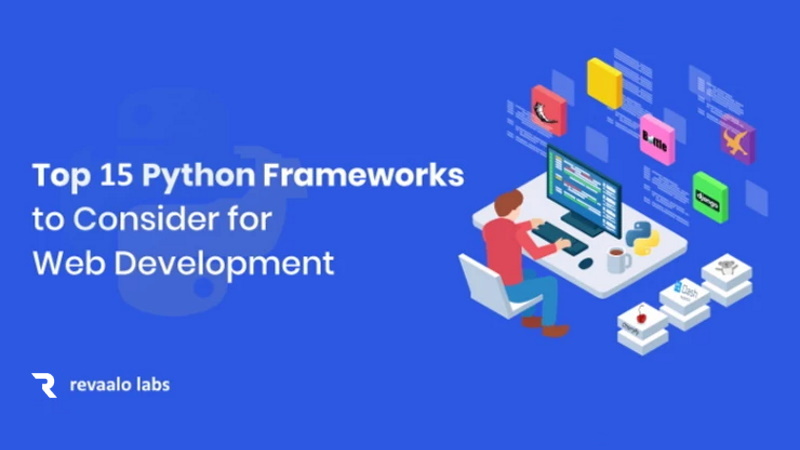
Python is one of the most popular programming language today. Python Frameworks is the collection of certain packages and modules for writing web developments and applications in python language. The programming in Python requires very few lines of code as compared with other languages. This simplicity of Python makes it suitable to develop large and complex web applications easily and quickly.
There are mainly three types of python framework- full-stack, micro-framework, and asynchronous.
List of Python Web Frameworks:
Full-Stack Frameworks:
1. Django :
The most used full-stack framework for web development is Django in Python. It’s a fully-equipped, open-source and the architecture can be easily customized using the various libraries available. It not only caters to enterprises but also promotes individual projects, regardless of the size.
Some of the main features of the Django Python framework are:
- A huge number of ready-to-use libraries.
- Enhanced support for web servers.
- Database Schema migrations
- URL routing
- Presence template engine
2. Web2Py :
Web2Py is open source, scalable and a full-stack framework . Comes with its own web based IDE which also includes a separate code editor, debugger and one click deployment. This framework is accompanied by an interpreter and is supported by multiple operating systems like Linux, Unix, Windows, and Mac, etc.
Some of the main features of the Web2py Python framework are:
- Follows model-view-controller (MVC) pattern.
- Allows users to embed jQuery for Ajax and UI effects.
- No additional installation and configuration.
- Ability to read multiple protocols.
- Support for role-based access control and internationalization.
3. Pyramid :
This Python framework supports routing and authentication as well in the applications. It is mainly used for developing large web applications like CMSs. It is comparatively flexible and thus can be used for both simple and complex projects. This python framework is also very useful for prototyping a concept.
Some of the main features of the Pyramid Python framework are:
- Single-file application
- Predicates
- Function decorators
- Testing, support, and comprehensive data documentation
- Renderers
4. TurboGears :
The TurboGears is another full-stack open-source python framework. It has incorporated some useful components of other python frameworks. The framework comes with features like multi-database support, MVC-style architecture, pasteScript template, and much more.
Some of the main features of the TurboGears Python framework are:
- Support for multiple databases
- Numerous libraries
- Follows an MVC pattern
- It supports SQLAlchemy and SQLObject
- Availability of command-line tools and PasteScript templates
5. CubicWeb :
CubicWeb is a semantic web application framework, licensed under the LGPL, that empowers developers to efficiently build web applications by reusing components (called cubes) and following the well-known object-oriented design principles.
Some of the main features of the CubicWeb Python framework are:
- Resource Description Framework (RDF) and Web Ontology Language (OWL) support
- Supports multiple databases
- Security workflows
- Reusability of components
- Embeds Relational Query Language (RQL) in order to simplify the queries related to data
Micro Frameworks:
6. CherryPy :
CherryPy is an open source object-oriented Python framework. Remi Delon is known as the founder of the CherryPy project. The CherryPy framework is widely implemented by developers to create Python web applications. It has its own multi-threaded web server. These applications can be deployed anywhere in an ordinary Python app which is able to run.
Some of the main features of the CherryPy Python framework are:
- Runs on multiple HTTP servers at once
- A flexible built-in plugin system
- A powerful configuration system
- Can run on PyPy, Jython, Python 2.7+, Android, and Python 3.1+
- Support for testing, coverage, and profiling
7. Flask :
Flask is the most suitable framework to make a standalone app. It has by default a Jinja template engine. It is mainly used by developers to write APIs, RESTful services etc. That is why flask is open ended to unique systems.
Some of the main features of the Flask Python framework are:
- Availability of flexible application structure to store files.
- Lightweight framework
- Jinja2 templating
- Statistical file serving
- Enhanced REST support
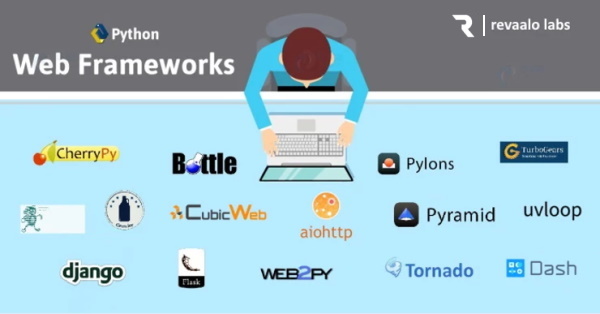
8. Pylons :
Pylon, developed in December 2010, is a lightweight Python web framework. It places emphasis on the rapid development of applications. It is developed with some of the best ideas taken from languages such as Ruby, Python, and Perl. Hence, it provides a highly flexible structure for web development.
Some of the main features of the Pylons Python framework are:
- URL mapping based on routes configuration via WebHelpers
- HTML form generation and validation.
- URL Dispatch
9. Bottle :
The Bottle is another Python micro-framework, which makes it easy to start. Initially meant for building APIs, Bottle implements everything in a single source file. It has no dependencies apart from the Python Standard Library. Coding with Bottle gets you closer to the metal than coding with any full-stack framework. Bottle framework is perfectly suitable for developing and building simplistic personal usage apps.
Some of the main features of the Bottle Python framework are:
- No dependencies apart from Python standard library
- Comes with an HTTP server
- No external dependencies
- Third-party template engine support
- Easy access to create data and file uploads
10. Dash :
An open-source micro-framework best suited for analytical web applications. Built on top of the other microframeworks like Flask, Plotly.js, React and React Js makes it very suitable for data analysts and scientists. With high flexibility of usage, it has a simple interface for UI/UX for easy understanding.
Some of the main features of the Dash Python framework are:
- Effective error handling mechanism
- Availability of the simple interface for tying UI controls
- LDAP integration
- A high degree of customization
Asynchronous Frameworks
11. Tornado :
Tornado is a Python framework that is great at taking care of diverse simultaneous associations. This framework can scale to tens of open connections, thereby making it ideal for WebSockets, long polling, and other applications. Some distinctive features of Tornado include non-blocking HTTP client, it has a high-quality performance as well as it also helps in enabling us to implement third party authorization schemes.
12. Sanic :
The Sanic is a useful asynchronous python framework that is developed on top of the uvloop. It runs on Python 3.5+. It is useful to handle fast HTTP responses through asynchronous request handling.
13. Uvloop :
It is considered as one of the lightning-fast Python web frameworks available amongst the rest of the frameworks and is really hard to ignore. Uvloop is considered as a drop-replacement for the asyncio event loop, and hence it can either be used in the asyncio-based application or to replace an asyncio in the existing application.
14. Growler :
Growler is similar to aiohttp which is also built on top of asyncio; it is based on connecting and express frameworks for Node.js, Object Relational Mapping (ORM), and Templating. The requests in Growler are not handled in the framework, but they are handled by passing them through middleware technology.
15. AIOHTTP :
Offbeat framework AIOHTTP is a Python framework that depends vigorously on Python 3.5+ highlights, for example, async and is standing by. The Python framework utilizes Python`s library and is thus an offbeat framework. Notwithstanding being a server web framework, AIOHTTP can likewise fill in as a customer framework.
Need Python experts to give you a hand with your next project?
Connect with Revaalo labs for all your python needs.
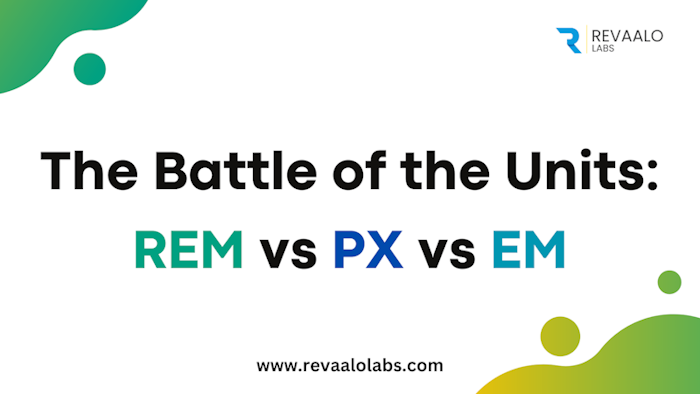
One of the most critical decisions website developers must make is deciding what unit of measurement to use when sizing elements, fonts, and other design properties.
Read more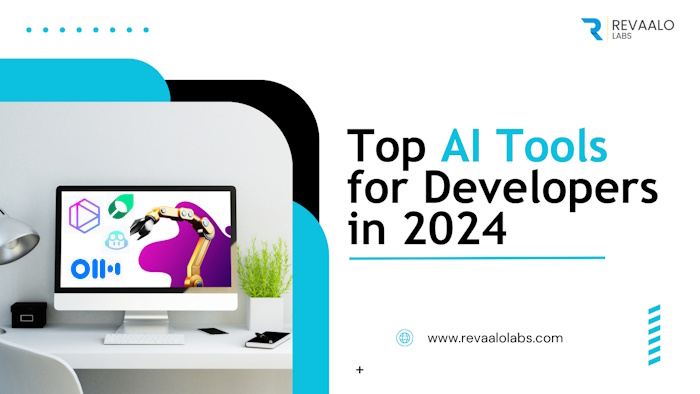
It`s an amazing technology-one that will help us solve society`s toughest problems and reshape the world.
Read more13
December
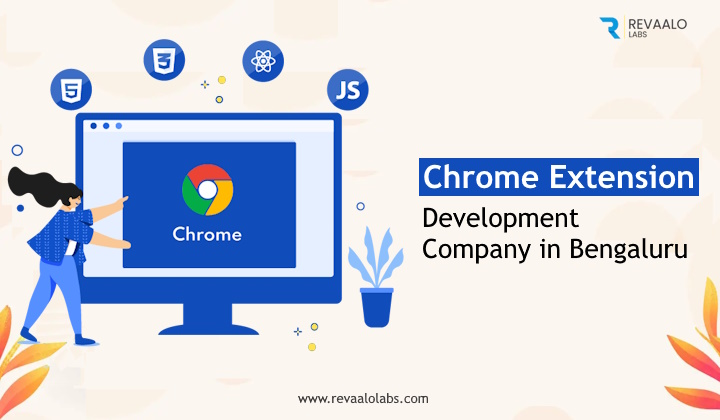
Today, web browsers play a significant role in our lives, providing us with access to a world of information and possibilities.
Read more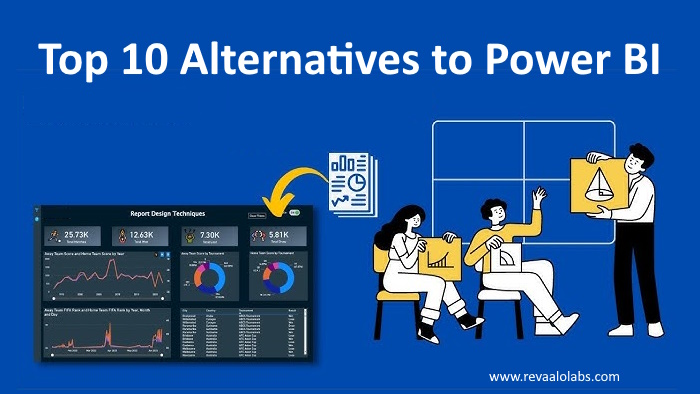
Power BI is a popular business intelligence tool developed by Microsoft for data visualization and analysis. While Power BI is a robust solution, there are several alternatives available that cater to different needs and preferences.
Read more09
October
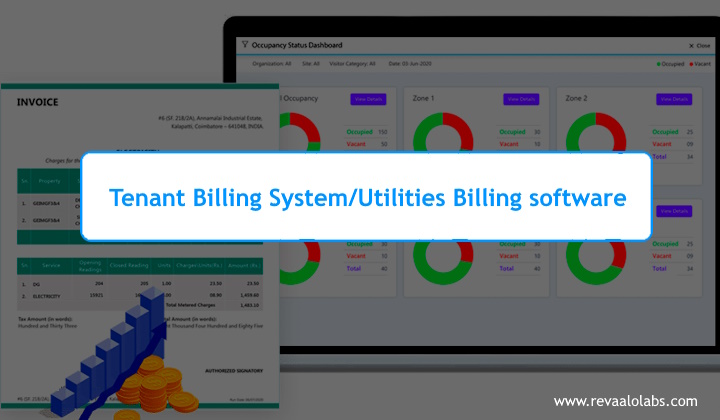
Tenant billing systems are software solutions used by property owners, managers, and landlords to accurately bill tenants for their usage of utilities and services.
Read more